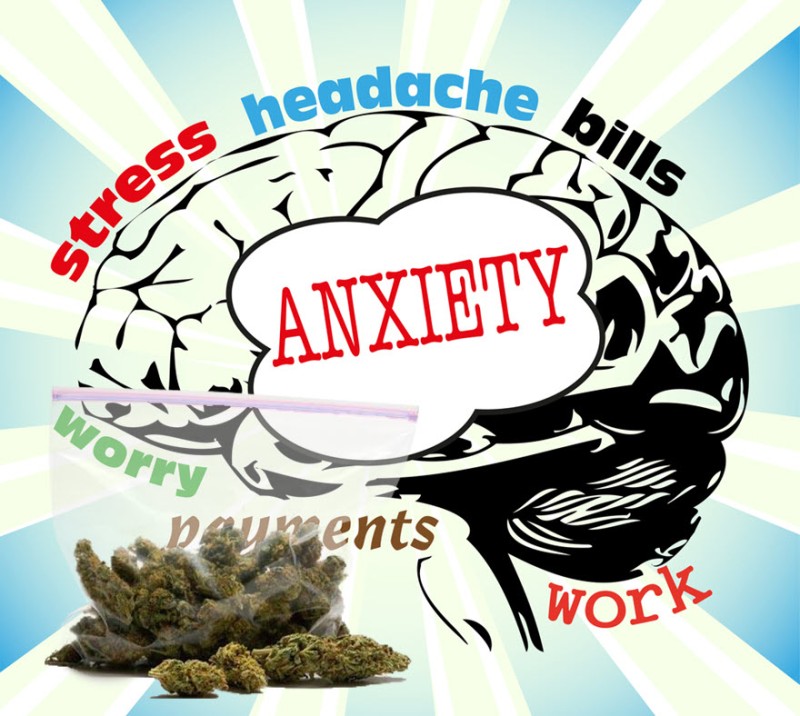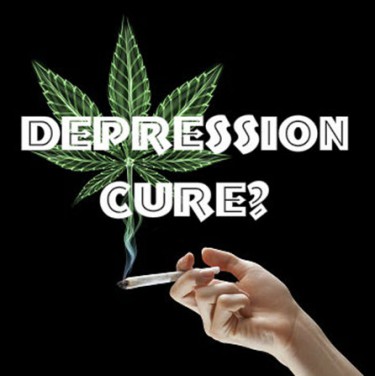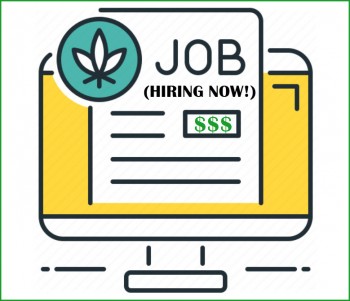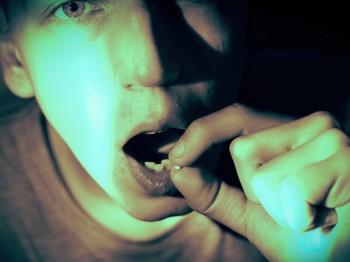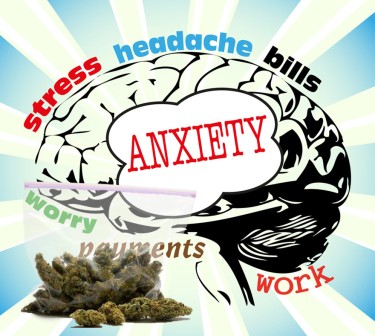
According to the World Health Organization, over 280 million people around the world struggle with depression. Meanwhile, the WHO estimates that around 264 million people have anxiety.
Then there are also those who struggle with both.
While many of us occasionally feel temporary anxiety and depression due to certain events in life, for these millions of people, these mental health disorders can be so overwhelming and debilitating. It can rob us of our quality of life, preventing us from living healthy social lives, maintaining relationships, keeping a job, having stable income, and so much more.
Those that can afford it undertake therapy with licensed psychiatrists and psychologists, while those that are in need of help for more serious anxiety and depression have to turn to medications. Prescription drugs such as serotonin reuptake inhibitors (SSRIs) or serotonin norepinephrine reuptake inhibitors (SNRIs) are among the first line of defense for anxiety and depression, including anti-depressant medications. While they can work for many people, they often have terrible side effects that are well known about – enough to make people want to quit them altogether.
These include, but are not limited to:
-
Diarrhea or constipation
-
Dry mouth
-
Tremors
-
Weight gain
-
Nausea
-
Headaches
-
Insomnia
-
Fatigue
And so much more.
Why Cannabis is Best for Anxiety and Depression
Over the past few years, there has been an increase in studies proving the efficacy of marijuana for treating anxiety and depression without the side effects of pharmaceutical drugs.
Patients who have been using cannabis for anxiety and depression report significant improvements as well. In one recent survey in Canada, more than 7,000 patients who had access to medical marijuana and to a licensed MMJ clinic in the country, were polled. The authors said that there were “statistically significant improvements” when they compared the baseline to follow up scores of anxiety and depression for at least one year.
“To our knowledge, this study is the largest completed to date examining the impact of medical cannabis use on anxiety and depression outcomes utilizing longitudinal data and validated questionnaires,” said the study authors.
“It provides evidence on the effectiveness of medical cannabis as a treatment for anxiety and depression that otherwise is not currently available, demonstrating that patients who seek treatment with medical cannabis for anxiety and depression can experience clinically significant improvements. This study offers reasonable justification for the completion of large clinical trials to further the understanding of medical cannabis as a treatment for anxiety and depression,” they concluded.
In summary, the findings showed that patients can expect long-term relief from anxiety and depression when medicating with cannabis.
There are also some studies suggesting that anxiety and depression patients are better off with CBD products as compared to THC for treating their conditions.
One study from 2021, conducted by researchers at the John Hopkins University in Baltimore as well as investigators from Charleston’s University of South Carolina, involved analyzing patterns among depression and anxiety symptoms that were self-reported by a group of cannabis users and non-users. Most of the participants in the study were aware of the cannabinoid composition of products they consumed, saying most of them consumed cannabis dominant in CBD.
“Initiation of medicinal cannabis during the follow-up period of the study was associated with significantly decreased anxiety and depressive symptoms, an effect that was not observed in controls that never initiated cannabis use…. Adverse effects attributed by participants to cannabis product use were infrequent, were more associated with THC-dominant product use,” the authors wrote.
Whereas higher doses of pharmaceutical drugs may be recommended for patients struggling with severe episodes or treatment-resistant conditions, with cannabis, one may only need a small amount in order to cope.
Such is the findings of a 2021 study conducted by Realm of Caring, a non-profit organization that is dedicated to researching cannabis. The findings, which were published in Frontiers in Psychiatry, were gathered after assessing data from the organization’s Observational Research Registry (ORR). They found that individuals who used CBD products on their own, or those who continued to use them during follow up, reported great improvements in anxiety and depression symptoms. Aside from that, they also reported that they had better sleep and suffered from less pain compared to those who weren’t consuming CBD.
“The biggest misconception this study addresses is that CBD doses need to be between 400-600mg before positive psychiatric effects can be achieved,” says Dr. Nicolas Schlienz, Realm of Caring’s Research Director. “We observed positive effects in people taking an average of only about 60mg per day, 1/10 of that dose,” he said.
There was also another study from earlier this year, in January 2022, wherein findings from an open-label and randomized trial conducted by Advancing CBD Education and Sciences (ACES) published results of participants who purchased over-the-counter CBD products. According to MedScape, they found “clinically meaningful” improvements when it came to anxiety as well as sleep quality and pain.
“ACES is the largest clinical trial ever conducted on commercially available CBD products and provides first-of-its-kind real world evidence into what conditions users may experience benefit from CBD usage, whether these benefits are clinically meaningful, what attributes of CBD products may impact health outcomes, and what side effects may occur,” said Jessica Saleska, PhD, MPH, the study’s co-researcher and Radicle Science director of research.
Ethan Russo, MD, Radicle’s scientific advisor and a neurologist, as well as CEO and founder of CReDO Science, explains further that the study intended to advise consumers make knowledgeable decisions before buying commercially available CBD products.
Conclusion
CBD products are readily available for consumers throughout the country. Because of its safety profile, it’s an excellent way to mitigate everyday anxiety and depression. However, be cautious about mixing them if you are already taking prescription medications from a psychiatrist as there may be unwanted side effects.
